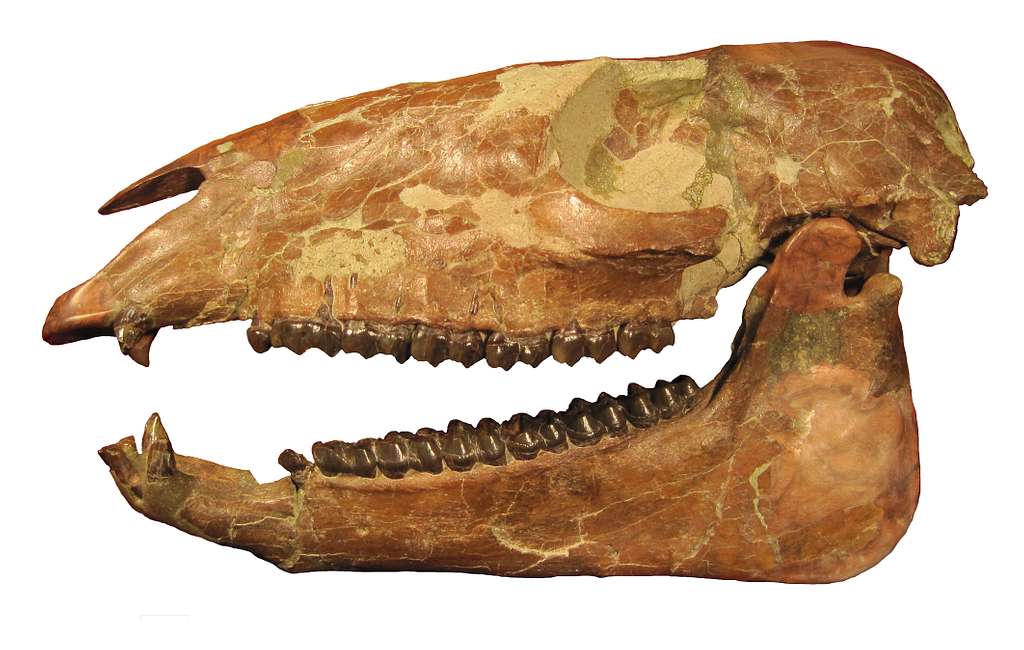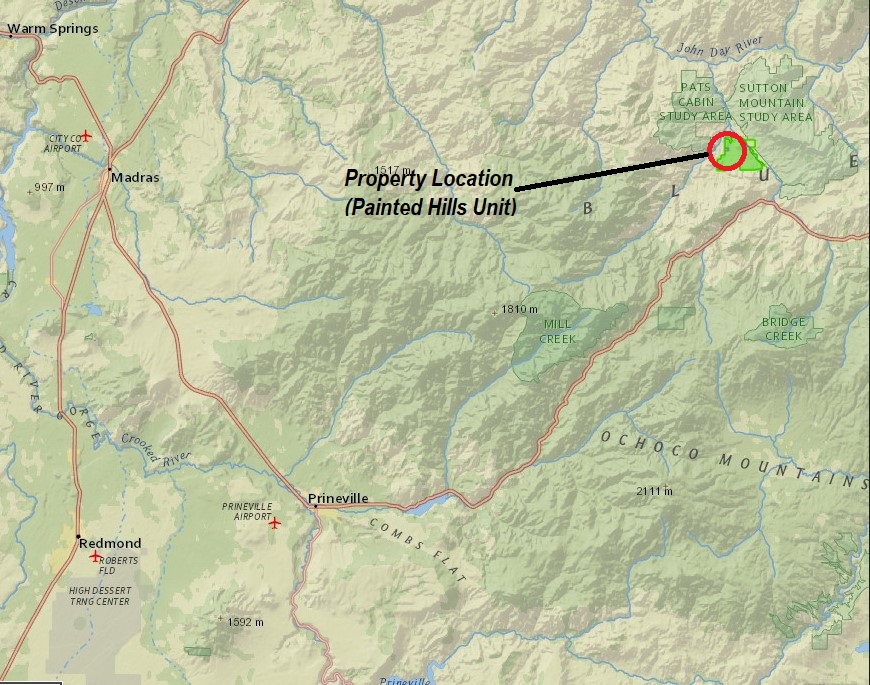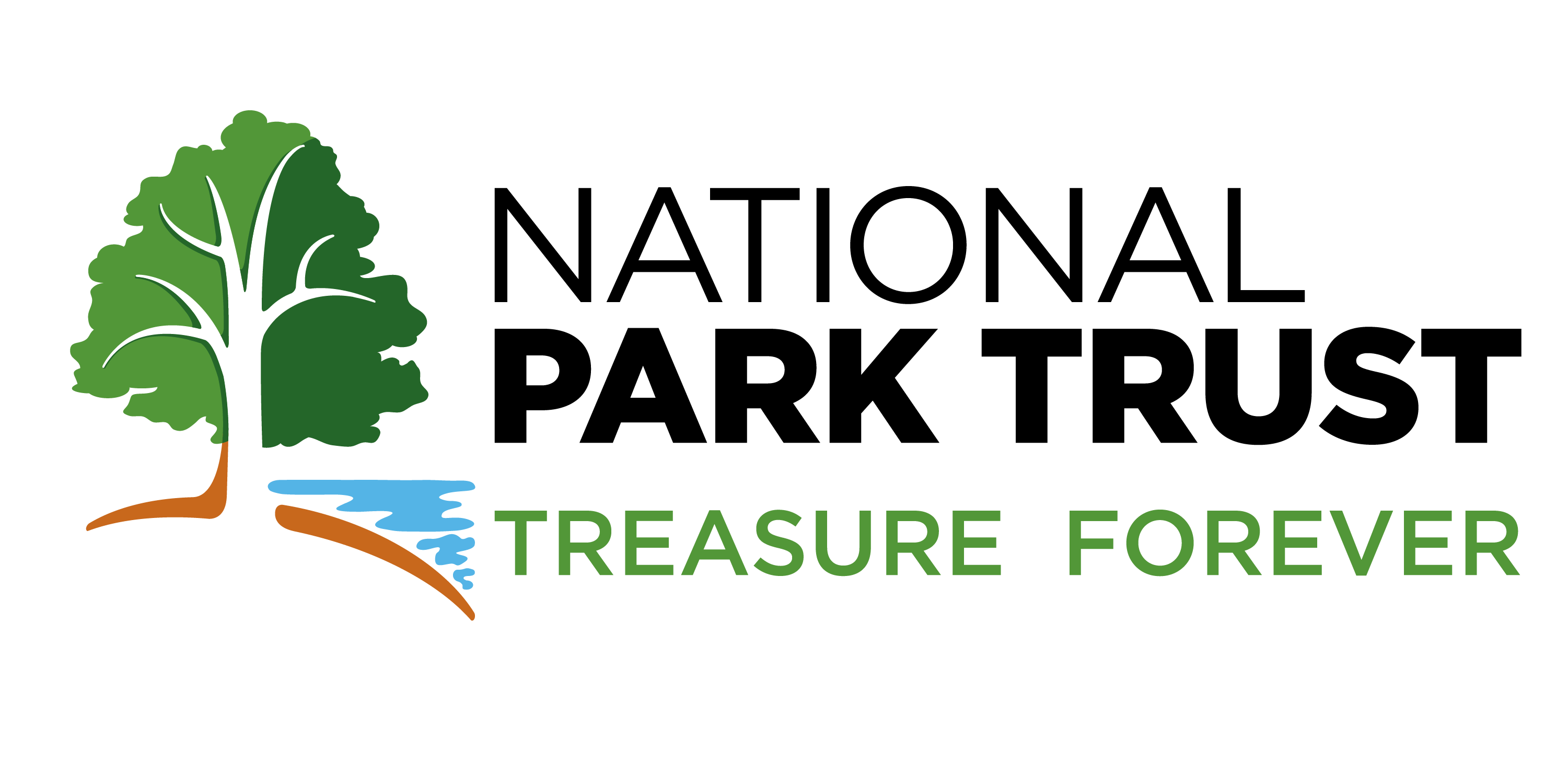Protected Park
John Day Fossil Beds National Monument, OR
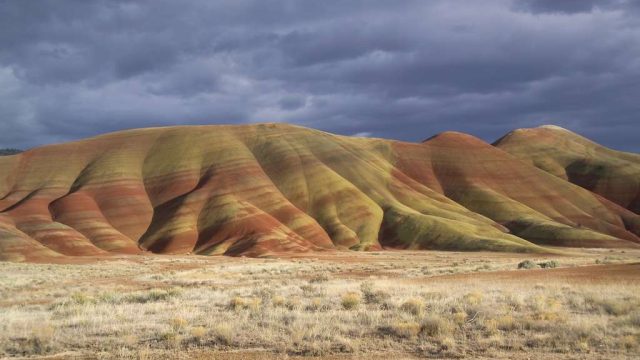
In 1997, the National Park Service (NPS) asked if the Park Trust would acquire, hold the title to, and then donate land to the NPS. The property was a 40-acre parcel of State of Oregon land inside the park. The property was important in that it had substantial fossil deposits from the early Miocene Epoch. It included portions of the Oligocene “Bridge Creek Flora,” a unique 30-39 million-year-old collection of leaf, seed, and twig fossils representing a temperate forest at the time.
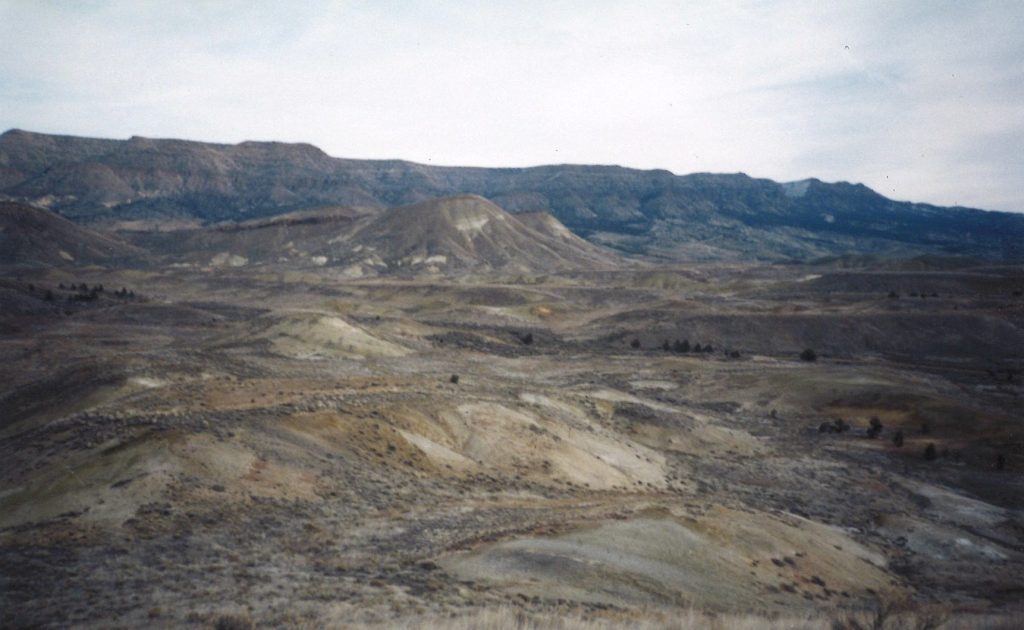
The property was part of acreage that the state intended to do a land exchange with an agri-business corporation for inclusion in their ranching operation. The state was willing to exclude the land from the exchange and sell the land to the National Park Service. However, the law that created the national monument specified that NPS could only accept land from the state by donation, and the state was unwilling or unable to donate it. The Park Trust was able to buy the land from the state and donate it to the National Park Service.
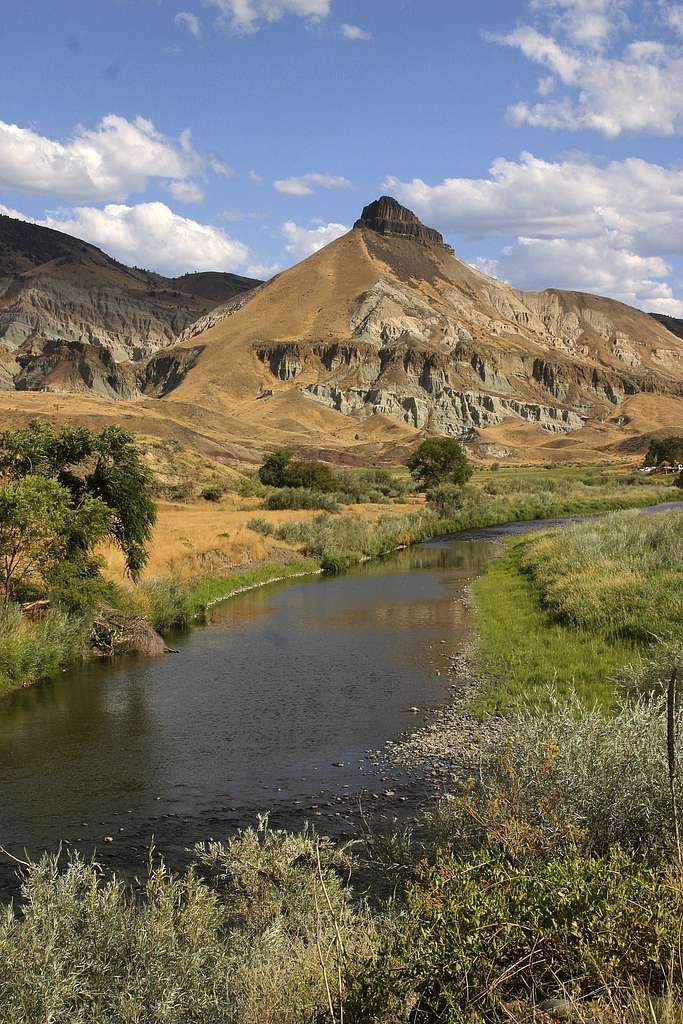
Project Details:
Project Years: 1997-1998
Parcel Size: 40 acres
Project Cost: approx. $4,000
Long term significance
- Land and significant fossil deposits were permanently protected from disturbance and consumptive use such as grazing
- Acreage increased area and specimens available for research, adding to the body of knowledge of several paleontological epochs
- NPS has more areas available for inclusion in interpretive and educational programs
Value to the public
- The landscape with its colorful geologic soil layers and visible fossils is permanently protected for visitor education and enjoyment
- More land available for public access
